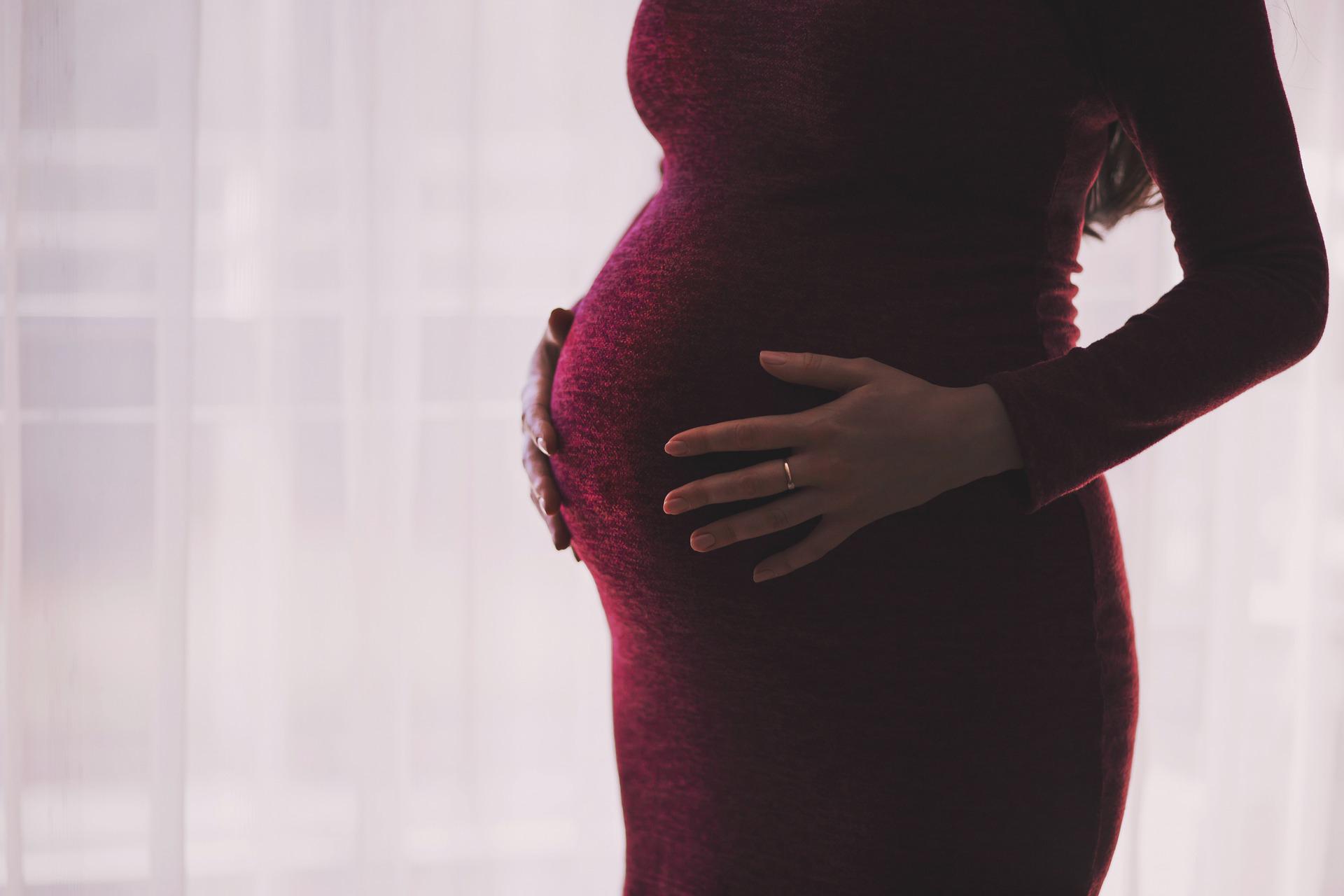
The emotional challenges of pregnancy
Pregnancy is a big changing phase in a woman's life. It changes her physical as well as emotional state. For years now, A woman’s physical evolution has been given attention, and awareness about her emotional and mental uplifting is underestimated and treated as one of the many symptoms of pregnancy, just like normal morning sickness. But the emotional challenges of pregnancy are to be addressed and given attention now more than ever, due to changing times and technology. A mother-to-be has to recognize the churning of feelings and emotions in her head, and talk about them, while looking for a place where she can understand them. These emotions may vary in every pregnant woman, given her mental and physical condition. Some may feel fear and anxiety due to unexpected pregnancy, some may just feel extra depressed.
Below are quite a few emotional challenges faced by a pregnant women before and after the baby is born :
Mood Swings
Changing emotions are one of the most common bearings of a pregnant woman. It can be actually frustrating and exhausting to have so many highs and lows, sometimes all in one day. One minute you’re happy and laughing, having joyous conversations about shopping for baby clothes, and the next hour you’re worried about your future, finances, medical care etc. During such times, it is important to have the right people by side, with whom you can talk to. Feel free to talk to your OB/GYN about these roller coaster of emotions. Stay calm and relaxed.
“Pregnant Brain”
The "pregnancy brain" or "baby's brain" refers to the mental fog and occasional amnesia that might cause a woman to misplace her key or lose her cell phone. (After childbirth, these symptoms are known as "mama's brain" or "mamanesia.") Hormonal changes, sleep disturbances, and other pregnancy-related difficulties might make you forgetful and sluggish.
Crying
Morning sickness might cause some pregnant women to cry or weep unexpectedly. It could be a symptom of depression if a lady is crying a lot and doesn't seem to stop. It is estimated that roughly 7% of pregnant women are affected. Mayo Clinic is a medical centre in Rochester, Minnesota. Depression during and after pregnancy is a significant disease that has health implications for both the mother and the child. If you suspect a woman is sad, doctors advise you to get treatment.
Fears
As tests, medicines and months go on, you may feel the burden of your life changing which may cause anxiety, stress and fear inside your brain. You may start questioning things. Some of the most common fears felt by pregnant women are: Are we ready to be parents? Can we afford a child? What if I miscarry?Some women may also face the constant worry about their body changes and get concerned about : Where did my waistline go? Will it ever come back? Does my husband still find me attractive? Upon entering the third trimester, your subconscious begins to focus on what's coming as your due date approaches. You might wonder how unpleasant labour and delivery will be. What if I'm not up to the task? What happens if the delivery is delayed? What happens if my child is born with severe disabilities? Do not worry, do things that help you stay positive and get ready for the end of your pregnancy.
Unless you are exceptionally lucky and one of the few women who does not suffer a great deal of emotionalism throughout pregnancy, you will most likely be on a roller coaster ride until your kid is born. There are, however, some things you can do to make the ride more pleasant and less turbulent.
- Educate yourself
- Realize that physical discomfort can contribute to feeling low
- Get plenty of rest
- Eat right
- Enjoy social activities but pace yourself
Surround yourself with people who are supportive and encouraging.
Above all, don’t let your emotions get out of hand. If you start feeling extremely unstable or are having severe depression or thoughts of suicide, talk to your doctor immediately!

















